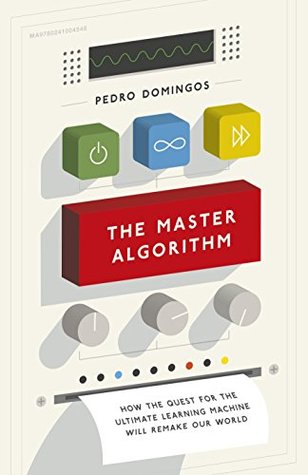More on this book
Community
Kindle Notes & Highlights
Believe it or not, every algorithm, no matter how complex, can be reduced to just these three operations: AND, OR, and NOT.
An algorithm is not just any set of instructions: they have to be precise and unambiguous enough to be executed by a computer. For example, a cooking recipe is not an algorithm because it doesn’t exactly specify what order to do things in or exactly what each step is. Exactly how much sugar is a spoonful? As everyone who’s ever tried a new recipe knows, following it may result in something delicious or a mess. In contrast, an algorithm always produces the same result.
In any area of science, if a theory cannot be expressed as an algorithm, it’s not entirely rigorous. (Not to mention you can’t use a computer to solve it, which really limits what you can do with it.) Scientists make theories, and engineers make devices. Computer scientists make algorithms, which are both theories and devices.
Indeed, as of today people can write many programs that computers can’t learn. But, more surprisingly, computers can learn programs that people can’t write.
Learning algorithms are the seeds, data is the soil, and the learned programs are the grown plants. The machine-learning expert is like a farmer, sowing the seeds, irrigating and fertilizing the soil, and keeping an eye on the health of the crop but otherwise staying out of the way.
If machine learning was something you bought in the supermarket, its carton would say: “Just add data.”
Many computer scientists, particularly those of an older generation, don’t understand machine learning as well as they’d like to. This is because computer science has traditionally been all about thinking deterministically, but machine learning requires thinking statistically. If a rule for, say, labeling e-mails as spam is 99 percent accurate, that does not mean it’s buggy; it may be the best you can do and good enough to be useful.
If you’re a lazy and not-too-bright computer scientist, machine learning is the ideal occupation, because learning algorithms do all the work but let you take all the credit. On the other hand, learning algorithms could put us out of our jobs, which would only be poetic justice.


